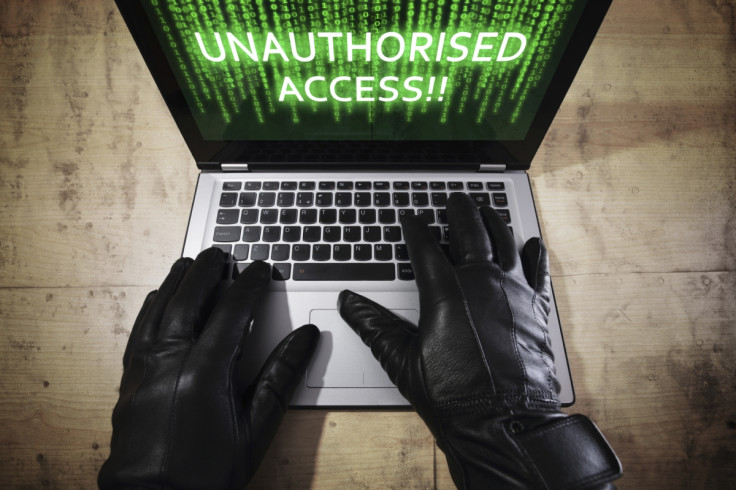Hackers hijacked and defaced McAfee's LinkedIn page
One unnamed hacker, with alleged ties to OurMine, claimed responsibility for the attack.

McAfee's LinkedIn page was reportedly hacked on Sunday (16 April). Unknown hackers defaced the security firm's LinkedIn page, allegedly posting random remarks. An unnamed hacker reportedly claimed responsibility of the attack, adding that he/she used to be a member of the OurMine hacker group, which rose to fame after targeting the social media accounts of high-profile individuals and organisations.
McAfee told Salted Hash "As soon as we became aware of the issue, we quickly worked with LinkedIn to resolve it. The McAfee page has been recovered, and we have taken action to avoid a future incident of this kind."
The attack allegedly lasted for a mere half hour before McAfee pulled its entire page. However, the firm's logo, which was changed by the attackers during the attack, was propagated to numerous staff accounts and was found to still exist even after the firm took down its business page.
The unspecified alleged ex-OurMine hacker said that the McAfee LinkedIn page hijack was made possible due to reused credentials. The hacker told Salted Hash that McAfee did not have two-factor authentication enabled on its account, which if true, could be embarrassing for a security firm.
The hacker said that McAfee was "a small hack, the first of many."
"They're going to gradually get bigger and bigger. Keep an eye on the twitter accounts of many high-profile companies, that's all I'll say," the attacker added.
According to Salted Hash's report, the recycled credentials used to compromise McAfee's Linked page were garnered from a separate failed attempt to hack into an unspecified Twitter account. However, attackers realised that what they assumed was the individual's Twitter password was actually the person's LinkedIn password.
Salted Hash reports that the individual's password was found in the LinkedIn data breach records. Millions of stolen LinkedIn credentials have previously been put up for sale by hackers on the dark web. It was this password that presumably allowed the hackers access McAfee's LinkedIn page, as victim's LinkedIn account was listed as an administrator on McAfee's company page.
It is still remains unclear as to how and why attackers targeted McAfee's LinkedIn page. IBTimes UK has reached out to McAfee for further clarity on the matter and is awaiting a response.
© Copyright IBTimes 2025. All rights reserved.






















